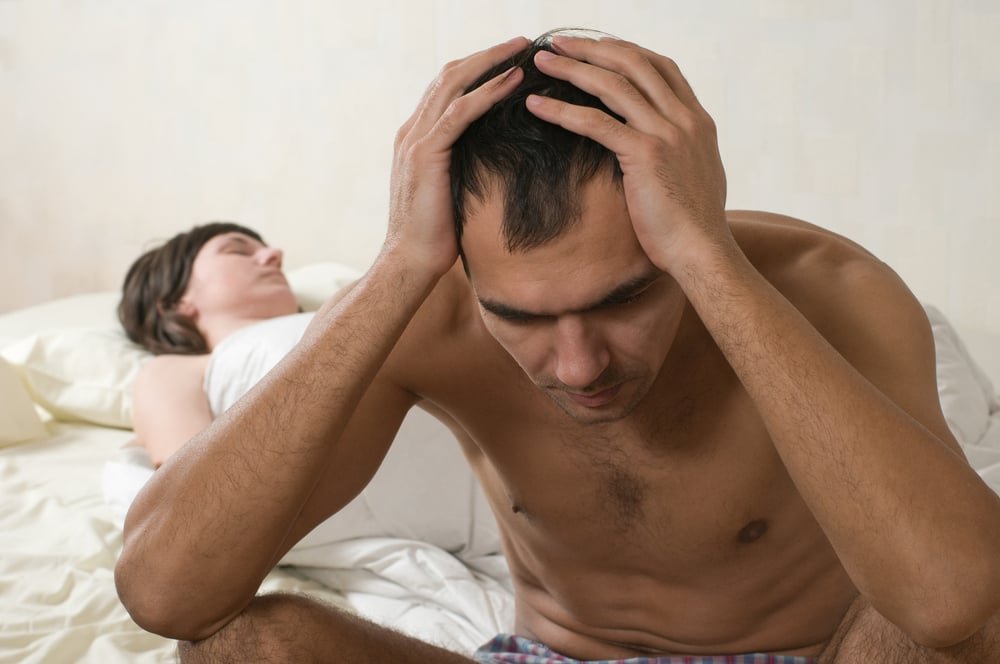What are the Symptoms of Having Low Testosterone?
Low testosterone, a condition that occurs when the body produces insufficient amounts of the male sex hormone, can have a profound impact on various aspects of a person’s health.
From physical to mental well-being, the symptoms of low testosterone can be diverse and often go unnoticed. In this comprehensive guide, we will explore the wide range of symptoms associated with testosterone, shedding light on how these signs manifest and the potential consequences they may entail.
Physical Symptoms of Low Testosterone:
One of the primary manifestations of testosterone revolves around physical changes. Men experiencing low testosterone levels may observe a decrease in muscle mass and strength. This can lead to feelings of weakness and fatigue, impacting not only exercise performance but also daily activities.
Additionally, individuals may notice an increase in body fat, particularly around the abdominal area, further contributing to a decline in overall physical vitality.
Hair loss is another common physical symptom associated with testosterone. While some hair loss is a natural part of aging, low testosterone levels can accelerate this process, leading to premature balding or thinning of hair.
Understanding these physical changes is crucial for early detection and intervention to mitigate the impact on one’s self-esteem and overall well-being.
Sexual Dysfunction:
Testosterone plays a pivotal role in male sexual function, and its deficiency can give rise to a variety of sexual health issues. Men with low testosterone levels often experience a decrease in libido, or sex drive, which can lead to strained relationships and diminished quality of life.
Erectile dysfunction, characterized by the inability to achieve or sustain an erection, is another prevalent symptom. Addressing these sexual health concerns requires a holistic approach that considers both hormonal balance and psychological factors.
Emotional and Mental Impact:
Low testosterone levels are not limited to physical symptoms; they can significantly affect a person’s emotional and mental well-being.
Mood swings, irritability, and feelings of depression are commonly reported by individuals with low testosterone. The hormonal imbalance can disrupt neurotransmitter levels in the brain, contributing to changes in mood and emotional stability.
Recognizing these emotional symptoms is crucial for seeking appropriate support and treatment to enhance mental health.
Cognitive Function:
Cognitive function is another area where low testosterone levels may exert an influence. Some individuals with insufficient testosterone may experience difficulties with concentration, memory, and overall cognitive performance.
While the mechanisms behind these cognitive changes are not fully understood, addressing hormonal imbalances may be a key component in optimizing cognitive function.
Sleep Disturbances:
Quality sleep is essential for overall health, and low testosterone levels can disrupt normal sleep patterns. Individuals with low testosterone may experience insomnia or difficulties staying asleep throughout the night.
Sleep disturbances can further exacerbate the physical and emotional symptoms associated with low testosterone, creating a cyclical pattern of health challenges.
Bone Health:
Testosterone plays a vital role in maintaining bone density, and its deficiency can contribute to bone loss and an increased risk of fractures. Osteoporosis, a condition characterized by weakened and brittle bones, is more commonly associated with women, but men with low testosterone are also at risk.
Monitoring bone health and addressing hormonal imbalances can be crucial in preventing fractures and maintaining overall skeletal integrity.
Reduced Energy Levels:
Feeling constantly fatigued and having low energy levels are hallmark symptoms of low testosterone. Individuals may find themselves struggling to get through daily tasks, experiencing a general lack of motivation and vitality.
Understanding the connection between hormonal balance and energy levels is essential for developing strategies to boost energy and improve overall quality of life.
Conclusion:
Recognizing the symptoms of low testosterone is the first step towards addressing this hormonal imbalance and its associated challenges. From physical changes to emotional and cognitive impacts, low testosterone can affect various aspects of a person’s life. Seeking professional medical advice for proper diagnosis and exploring appropriate treatment options is crucial for restoring hormonal balance and optimizing overall health. By understanding the symptoms and taking proactive steps, individuals can regain control over their well-being and enjoy a healthier, more fulfilling life.







